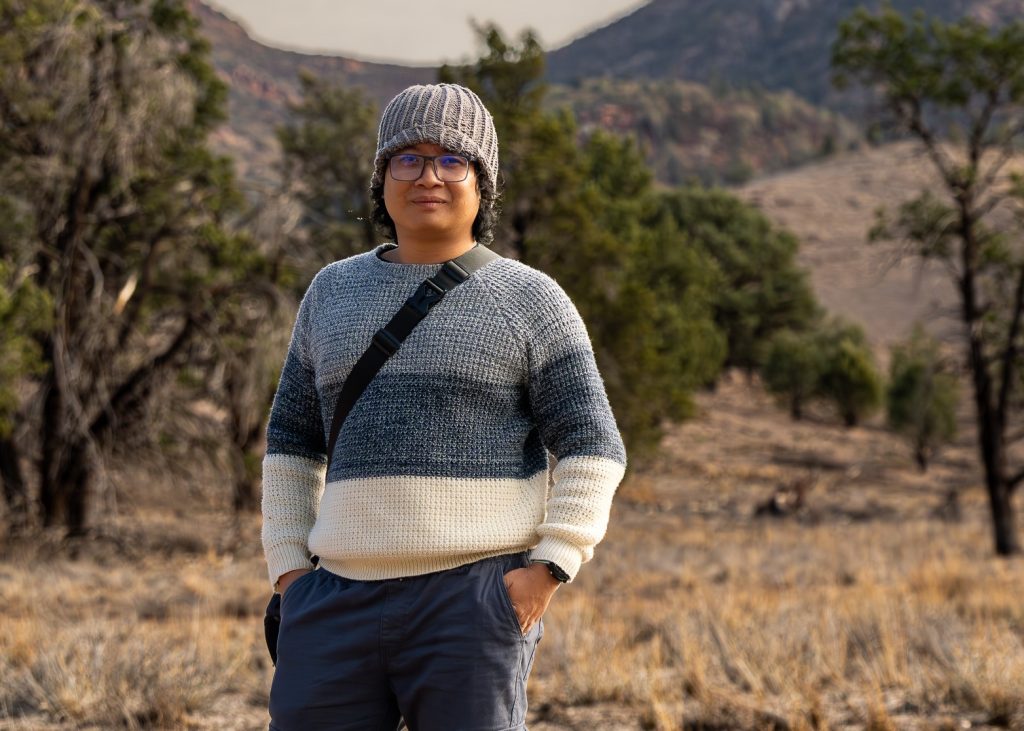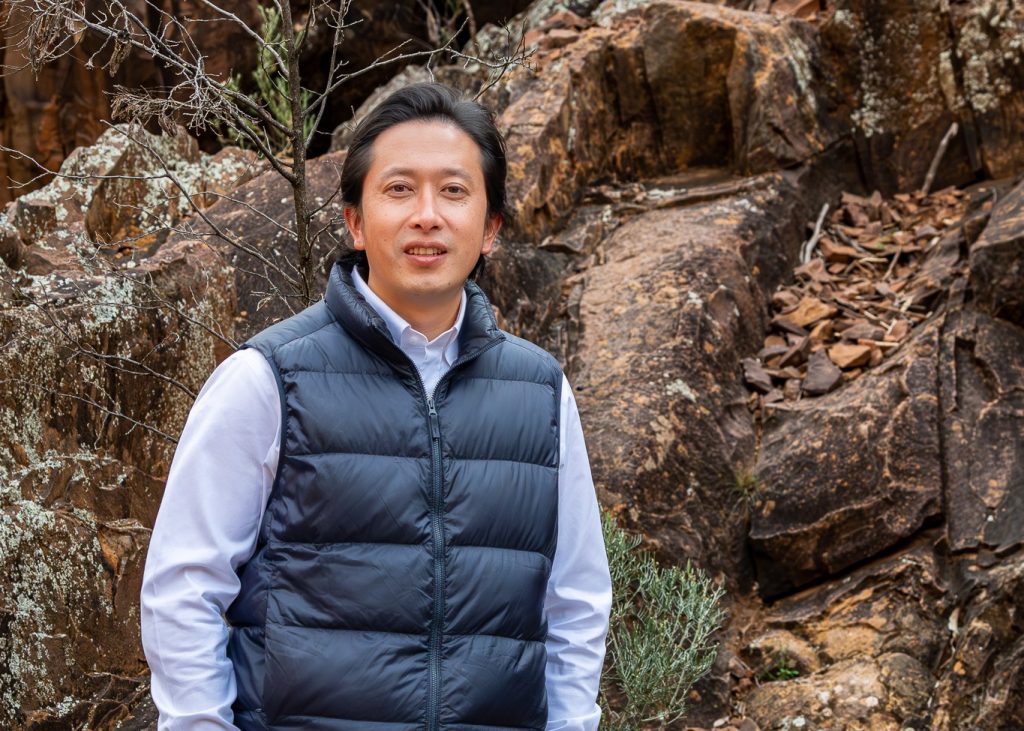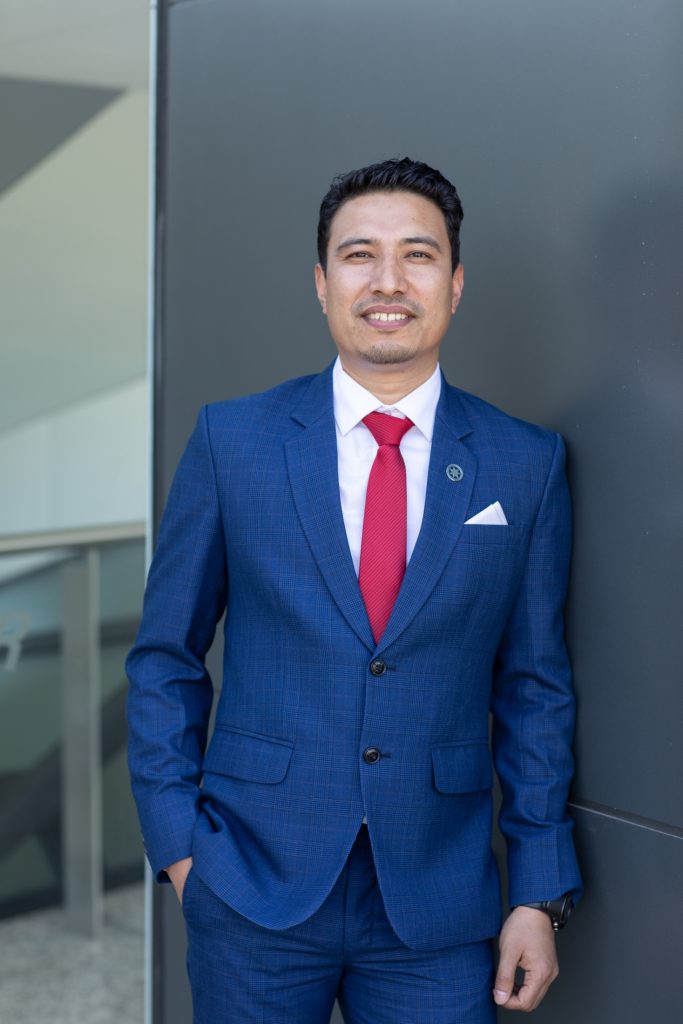Scholars enhance climate literacy through online training
Posted: 4 June 2025
Ahead of World Environment Day 2025, 30 Australia Awards scholars from South Asia and Mongolia recently completed an online Climate Literacy training facilitated by Edith Cowan University.
The participating scholars represented a diverse range of professional fields, from public health and the environment, through education and analytics, construction and agriculture, to information technology and tourism. The three-week training aimed to foster a comprehensive understanding of climate change, its impacts and ways to address it effectively. The scholars explored practical strategies for reducing emissions, influencing policy and driving positive change in organisations and the wider community.
The course facilitator, Nickey Ludkins, highlighted that the participants’ newly acquired climate literacy will enable them to simultaneously address the causes and impacts of climate change in their fields of professional practice.
Bangladeshi scholar Supratic Chakma, currently studying a Master of International Tourism and Hospitality Management at James Cook University, commented that the carbon literacy training was a mind-opening session that presented a vast array of knowledge.

Bangladeshi scholar Supratic Chakma.
Before joining the training, Supratic had heard about some climate change terms, such as zero carbon and carbon offsetting, through his master’s degree course. However, he had only learnt about them as they related to tourism—and, because those concepts were not the primary focus of his course, had only studied them briefly.
Regarding the Climate Literacy training, he says, “This program enriched my understanding by explaining how individuals and institutions impact the environment, how to mitigate these impacts, and how we can minimise our carbon footprint. Utilising all this knowledge, I have pledged to behave in ways that contribute to a sustainable environment.”
Sherab Jatsho, a scholar from Bhutan undertaking a Master of Education Leadership at Monash University, highlighted that Bhutan takes pride in being the world’s first carbon-negative country; however, the country is still not immune to the severe impacts of global warming and climate change. This reality motivated him to participate in this training.

Bhutanese scholar Sherab Jatsho.
Sherab reflected that the evidence-based Climate Literacy training was truly eye-opening, covering themes from climate justice to behavioural economics. It reinforced that every action, whether individual or collective, matters in reducing carbon emissions. He says, “This experience deepened my commitment to lowering my carbon footprint and contributing meaningfully to climate solutions in any way I can.”
Nepali scholar Kabin Maharjan, in his final semester of studying a Master of Climate Change at the Australian National University, says that one of his key takeaways from the training was the role individuals can play as advocates on carbon emission. In Nepal, he was already actively contributing through numerous news articles and journal publications addressing climate change and disaster risk reduction.

Nepali scholar Kabin Maharjan.
“I have led community initiatives, such as ecosystem-based adaptations by reviving local ponds and implementing climate-smart technologies, which have directly helped mitigate climate-induced disasters,” he says. “Becoming climate literate will enhance my expertise in carbon footprint analysis and decarbonisation strategies, further empowering me to influence policy, educate communities, and advocate for sustainable practices on a local and global scale with determination.”
Finally, Mongolian scholar Sarantuya Batgerel, who is studying a Master of Public Health at the University of Melbourne, also reflected on her potential as an advocate. “In Mongolia, we often talk about how climate change is impacting our health, but we rarely discuss how the health sector itself contributes to the climate crisis. The Carbon Literacy training opened my eyes to this overlooked issue and inspired me to advocate for more sustainable healthcare practices in my community,” she says.

Mongolian scholar Sarantuya Batgerel.
All the participants are on their way to becoming climate literate by developing an action plan for themselves, their community and/or their organisation. This means that they are part of a vital global initiative to educate, engage and inspire behavioural change in the battle against climate change, helping to shape a greener and more resilient future for all.